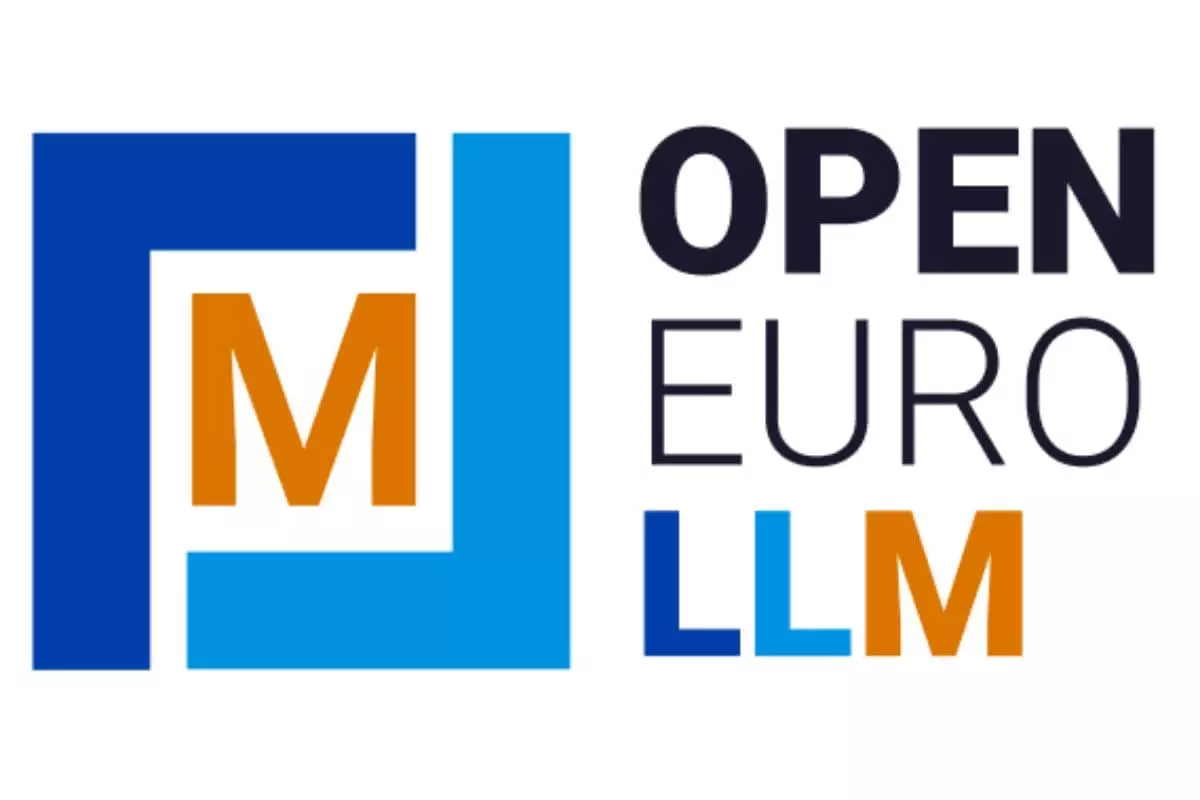The recent announcement of the OpenEuroLLM Project is a significant milestone in the field of artificial intelligence (AI) within Europe. Backed by the European Commission, this initiative aims to develop a suite of open-source multilingual large language models (LLMs) that cater to the diverse linguistic landscape of the European Union (EU). This development is crucial not only for technological advancement but also for fostering inclusivity in AI applications across various languages spoken in the EU. The project’s recognition with the Strategic Technologies for Europe Platform (STEP) Seal underscores its potential impact in the tech landscape.
The OpenEuroLLM Project is a collaborative effort involving 20 participants, including research institutions, companies, and EuroHPC centers. Coordinated by Jan Hajič from Charles University in Czechia and co-led by Peter Sarlin of AMD Silo AI, the consortium represents a wide array of expertise. This multidisciplinary approach is expected to enhance the project’s potential, drawing from varied insights and experiences across Europe. A diverse group not only enriches the model development process but also bolsters its cultural relevance and applicability.
One of the core principles of the OpenEuroLLM initiative is its commitment to transparency. The project aims to strictly adhere to the regulatory framework of the EU, ensuring that data procurement and use are conducted responsibly. By making the development process public, including the detailing of documentation, training and testing code, and evaluation metrics, the project sets a precedent for transparency in AI development. This open approach is expected to facilitate greater trust and acceptance of AI technologies among stakeholders—including industry players and public organizations—by demystifying the model training processes.
By providing high-performance LLMs as open-source resources, the OpenEuroLLM Project aims to democratize access to advanced AI technologies. This accessibility is vital for smaller businesses and organizations that may lack the resources to develop their own AI solutions, enabling them to innovate and compete effectively in a global market. Furthermore, the project aspires to aid public sector entities in delivering impactful services, thus enhancing the quality of life for EU citizens through efficient public services.
While the OpenEuroLLM Project has garnered attention and support, challenges remain regarding the timeline for model releases and specific areas of focus. Clarity on these aspects will be essential for potential investors and collaborators. The project is already funded under the Digital Europe Programme, and as it evolves, it is expected to attract further investment. However, a lack of a clear roadmap could hinder momentum and strategic planning.
The OpenEuroLLM Project embodies a transformative initiative aiming to position Europe at the forefront of open-source AI development. By combining technological expertise with a commitment to ethical practices, the project not only represents a significant advancement in AI capabilities but also sets a standard for transparency and inclusivity in the AI landscape. As this project unfolds, its success in navigating challenges and delivering on its promises will determine its lasting impact on the European AI ecosystem.


Leave a Reply